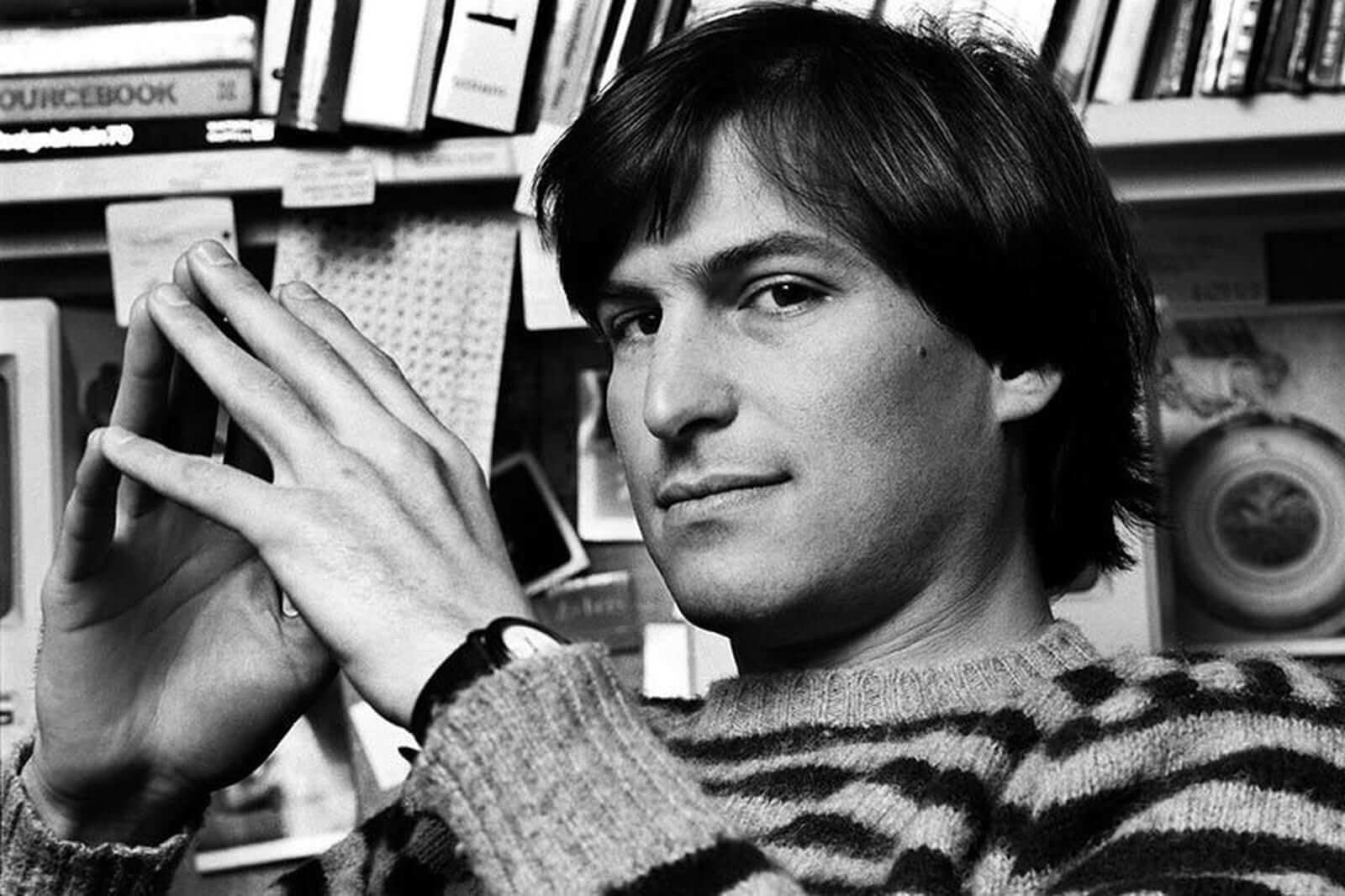I know plenty of highly intelligent people. Some of them can recite classic literature. Others will surprise you with their knowledge of current events. Many of them offer amazing advice. And yet, most of them still struggle to make a dent in the world.
Why is that? Why do they fail to get their careers and businesses off the ground?
Part of the answer lies in our definition of intelligence.
We’ve grown accustomed to defining intelligence as a combination of high IQ and high EQ. These are mostly inborncharacteristics — which is convenient for us, since we can blame our lack of success on bad luck.
Although there is some truth to that. Research is piling up telling us that IQ is a “reasonable” predictor of financial success. However, as you very well know from your own life, that is not the entire truth, as there are plenty of high IQ individuals who live modest lives, and plenty of wealthy people who aren’t geniuses.
Steve Jobs: “You have to not have the same bag of experiences as everyone else does”
Recently, I’ve come across a video where a young Steve Jobs explains a key characteristic of what he considers to be a smart person.
I expected to hear something among the lines of “thinking out of the box” and “unflinching dedication.” Instead, I discovered one of the most profound pieces of advice I’ve ever heard.
“A lot of [what it means to be smart] is the ability to zoom out, like you’re in a city and you could look at the whole thing from the 80th floor down at the city. And while other people are trying to figure out how to get from point A to point B reading these stupid little maps, you could just see it in front of you. You can see the whole thing.”
Jobs masterfully notes that smart people often make connections that seem obvious to them, but perplexing to others — simply because they have developed the skill of “zooming out” to get a better view of the big picture.
This, of course, sounds great and we can all agree that in order to change the world you need to clearly see the world. But how do you do that? How do you increase your intelligence to become what Jobs considers to be a “smart” person?
According to the visionary — it’s all about having unique life experiences.
“You have to not have the same bag of experiences as everyone else does, or else you’re gonna make the same connections and you won’t be innovative. […] You might want to think about going to Paris and being a poet for a few years. Or you might want to go to a third-world country — I’d highly advise that. Falling in love with two people at once. Walt Disney took LSD, do you know that?”
It makes sense. A 2015 study has concluded that openness to experience was the best predictor for “job performance in situations requiring creativity,” which is every entrepreneur’s bread and butter. It’s also safe to say that any significant career step up will require a decisive innovative move.
The study also found that extraversion “played a key role in contexts involving social interactions,” which is hardly a surprise, but a healthy reminder nonetheless. These findings tie in nicely with what Jobs said — people who are open to experience and extroverted will seek out the most interesting, non-standard situations in life — and gain invaluable perspectives as a result.
Jobs’ idea also helps explain why so many successful entrepreneurs are avid readers. Divyank Turakhia, a 35-year old Indian tech billionaire, has once said that since the age of 15 he has read for 800 hours a year, every year. Tobias Lütke, Shopify’s billionaire founder, was described by Tim Ferriss as one of the most aggressive readers he’d ever met.
It’s probably not the information itself that these leaders value about books, but rather how they change their perspective. On Ferriss’s podcast, Lütke went in-depth about the books that changed his life — carefully describing each one of them.
Books are the easiest way for introverts to gather unique insights that shape their own worldview. They expand your mental horizons, so it makes sense that someone who’s read 100 classic business books can spot a rising trend or a missed opportunity before anyone else.
Experiences Are Everything
As with most great pieces of advice, this idea by Steve Jobs prompted a “damn, he’s right” moment in my head.
Some time ago, I did an exercise where I tried to recall the key turning points in my life. After a while, I realized that it was never a “genius idea” or “an amazing realization” that shaped my path — but people.
I’d meet someone. I’d have my core assumptions challenged. We’d do something together that I’d never think of doing on my own. In the end, I’d be left with experiences and lessons that I never would’ve been able to get just by my own intellectual effort.
Jobs himself was highly inspired by Buddhism, which he explored in his college years. The Zen philosophy’s keywords — simplicity, empathy, and mindfulness — are not at all alien to Apple’s products.
It’s not necessary to travel or take LSD to gather interesting experiences and form value-adding perspective of the world. Your vehicle of choice could be reading, or devouring online courses. Mine is meeting really interesting people and then getting to the bottom of who they are.
But the rule of thumb is clear: if you want to be truly smart in today’s professional world, you have to gather experiences that few others in your tribe have. That’s how you learn to see things in a way that might be called visionary.
About the Author
This submitted article was written by Alan Trapulionis, see more.





























